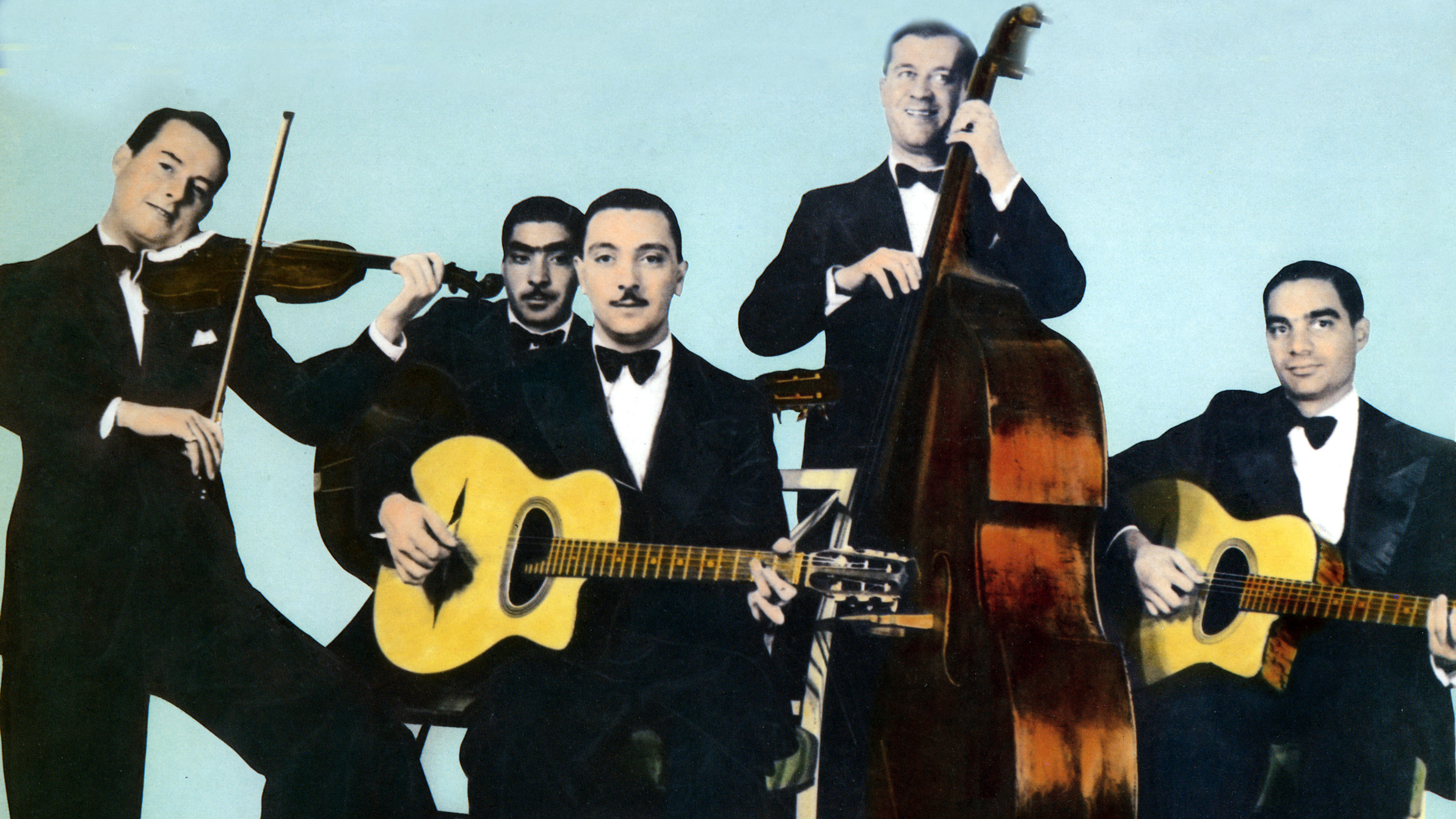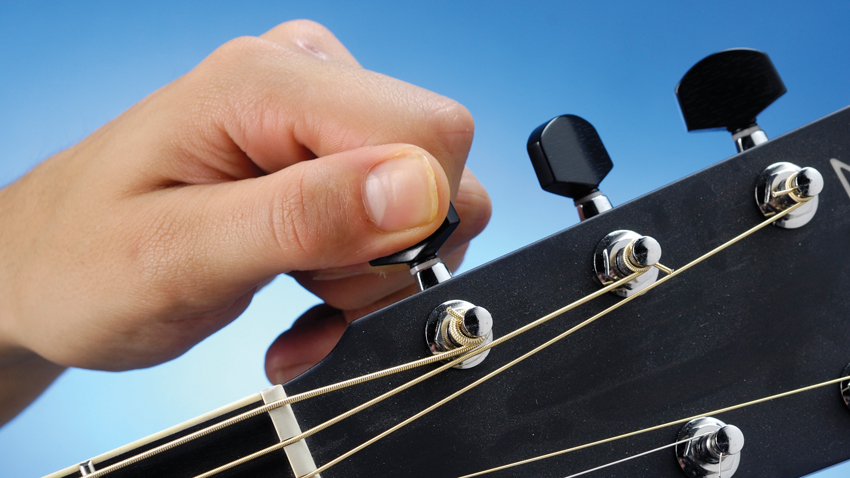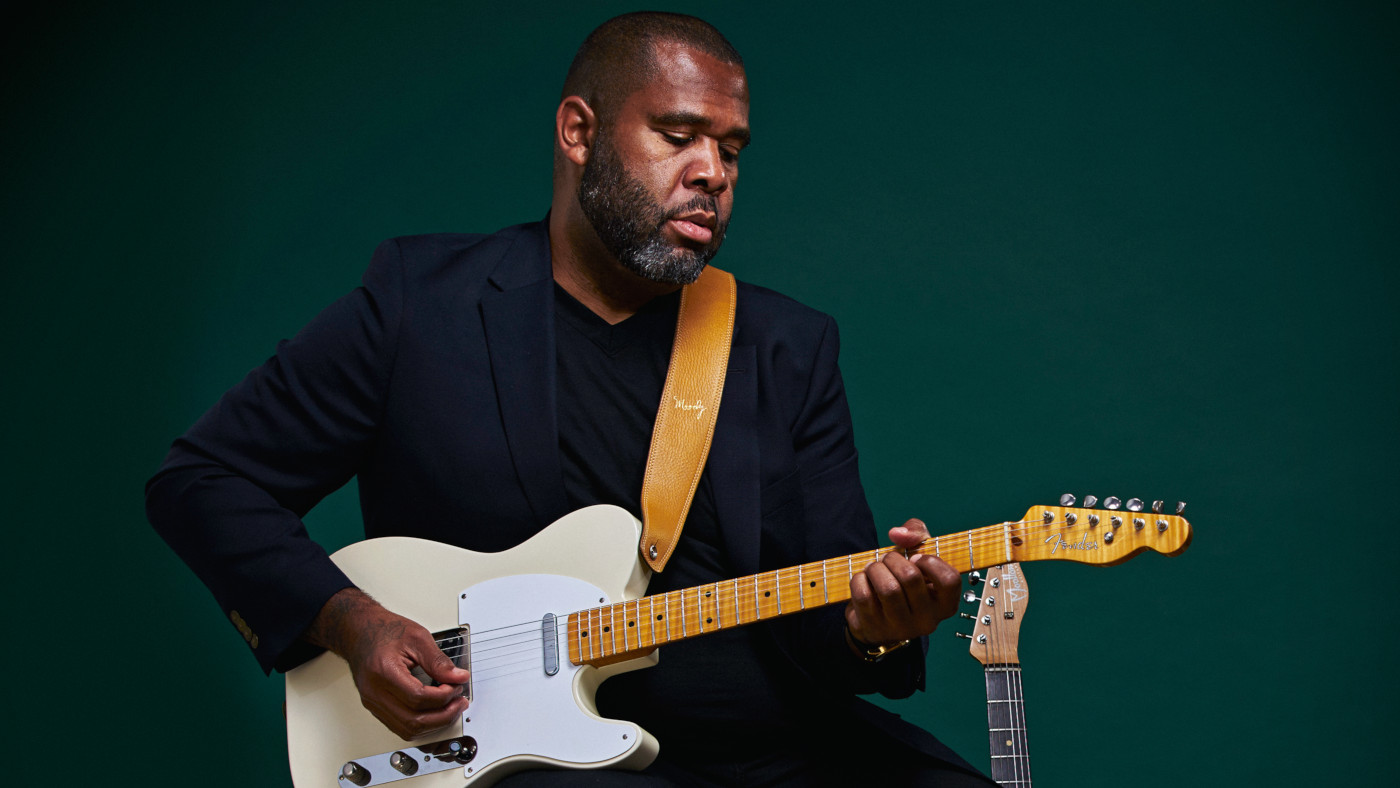10 ways to inspire your guitar playing during lockdown
Want to get creative or improve but don't know how? We can help

Want all the hottest music and gear news, reviews, deals, features and more, direct to your inbox? Sign up here.
You are now subscribed
Your newsletter sign-up was successful
One of the few positive aspects of the current quarantine situation many of us find ourselves in is that it’s enabling us to devote more time to our musical passions and creative outlets generally. Many of us are at home, with more time on our hands, and our guitars in reach at all times.
But time is only part of the picture; you'll need creativity to stay entertained and develop your playing in these kinds of periods. It's vital to think about ways to use this as an opportunity to expand your musical horizons rather than to fall into a repetitive musical rut.
So here are 10 easy exercises to stay inspired in quarantine.
Alex Bruce is a writer for Guitartricks.com and 30DaySinger.com
1. Go remote

How to collaborate remotely on the same project in different DAWs
Jamming and rehearsals may be off the table for a little while, but don’t let that mean you lose the spirit and enjoyment of ensemble playing.
Between you and another musician friend, take turns to record parts for the other to play to.
Ask a bassist buddy to lay down some lines to play over, or work with a friend to put together a remote classical guitar duet, whatever it may be, keep the spirit of the jam alive!
Want all the hottest music and gear news, reviews, deals, features and more, direct to your inbox? Sign up here.
2. Play ear training games
A related idea that enables human contact, and theory / aural development. Get a musical friend on a video call and take turns to test each other on recognizing chord types, or rhythmic patterns. These kinds of things are often neglected, but this way they can be fun.
3. Learn a new style

And the further away from your core styles the better.
This is all about learning something new, testing yourself, stepping out of your comfort zone (then ultimately returning a better, more rounded musician).
If you’re into jazz, go for death metal, if you’re a shredder, turn your hand to minimalist, ambient music. Learn something new!
4. Make a backing track
Yes that’s right. Not play over a backing track, but make a backing track. Something you can play over it when it’s done, of course, and that’s one of the great satisfactions. But this one is more about the journey.
Learning to program drums, knowing the bass part, playing the chords on the keyboard, assessing the tempo, mixing the audio, all of those things.
Then at the end of that process, not only will you know the track inside out (and play over it better as a result) but you can also share it with a friend for them to play over.
5. Try a new tuning

This one can unlock a huge amount of creativity.
All the patterns and shapes you know and fall back on now disappear, leaving you to use your ear and your instinct to play your instrument.
This also means you’re very likely to end up playing quite differently, and therefore accessing a different aspect of your musicality.
6. Get involved online
Whether it’s finally getting around to entering some of the online soloing competitions, or participating in some of the many online open-mics and songwriting sessions that are springing up, it’s this sense of community, shared experience, and real-world outlet that will breathe new life into your music in difficult times!
7. Increase your playing speed

Guitar skills: Speed up your leads with these quickfire exercises
To some this might feel fundamentally un-creative, but it’s really not.
It’s all about extending your range, so that more repertoire and potential is within your grasp.
A simple 5-10 minutes a day, every day, with the metronome can go an incredibly long way.
8. Transcribe a solo from another instrument

This is all about two key things. Firstly, the aural skills required to learn a solo that is highly unlikely to be available in guitar tab form.
And secondly, leaving behind some of the patterns that belong on a fretboard and can make your soloing stale.
Injecting some saxophone or trumpet licks into your guitar arsenal can really give it a lift.
9. Write a song every day
Setting a songwriting challenge like this is something that can really give creativity the framework and deadline it needs to prosper.
Especially if you can write your daily song without putting pressure on yourself.
Some of them will be great, some of them will be terrible. Accept that, and even if only one in six songs is good - that’s five good songs in a month.

Jason Isbell's 9 tips for singer-songwriters: The Grammy-winning musician on staying inspired
10. Learn another instrument
Whether it’s the short sidestep to ukulele, or onto piano to develop your chord and theory knowledge, or something totally different like a didgeridoo, it doesn’t matter too much. What’s important is that you go through two key processes here.
Firstly, expanding your ideas out from guitar-specific to musical in general, by getting to grips with other instruments. And secondly, returning to guitar and improving your playing via everything you’ve learned on your ukulele, piano or didgeridoo, thereby becoming a better guitarist and all round musician.
